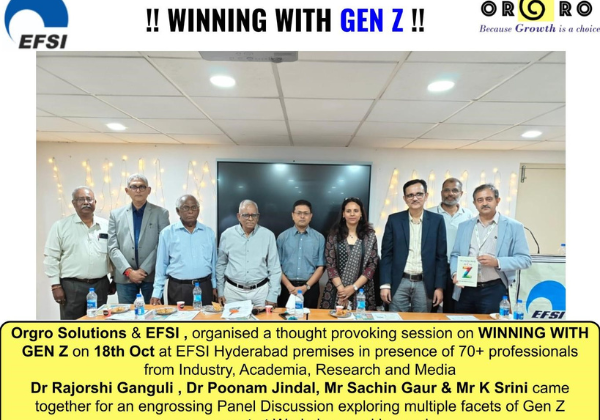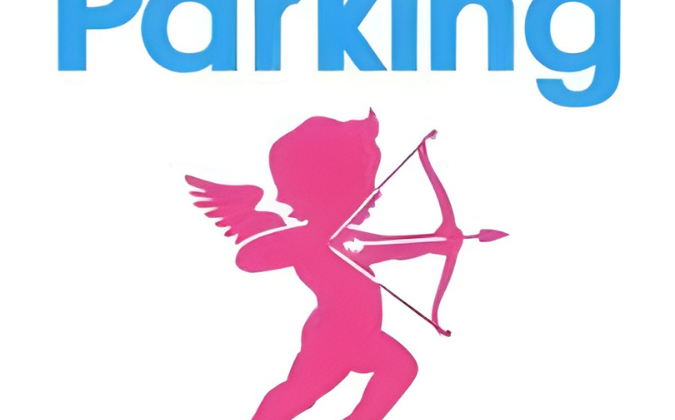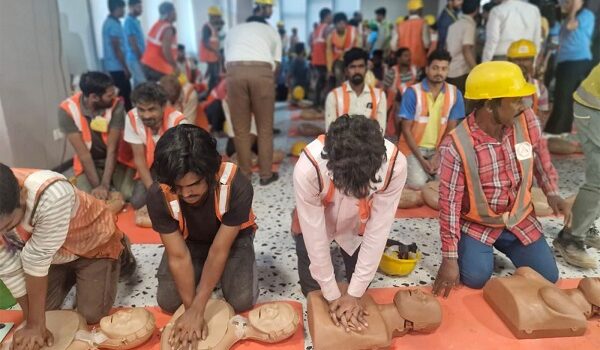
New Delhi [India], October 17: As a part of World “Restart a Heart Day” a widespread initiative from six All India Institutes of Medical Sciences (AIIMS)–Mangalagiri, Bhubaneswar, Raipur, Deoghar, Bathinda, and Rishikesh– and the American Heart Association is seeking to improve outcomes from sudden cardiac arrest that occurs outside of the hospital. It is part of a larger effort, CPR Awareness Week, observed from 13 October to 17 October throughout India this year.
Sudden Cardiac Arrest (SCA) is a life-threatening emergency where the heart suddenly stops beating. A vast majority of these events occur outside hospitals and are referred to as Out-of-Hospital Cardiac Arrests (OHCA). Without immediate intervention, brain death begins within 4-6 minutes due to lack of blood circulation. In such cases, time is brain–restoring blood flow before emergency services arrive can mean the difference between life and death.
Despite the critical importance of early intervention, global studies show that only 2.5% of people are trained in cardiopulmonary resuscitation (CPR)–and in India, this number is even lower. With survival rates estimated at less than 10%, OHCA remains one of the leading causes of death in the country.
To address this urgent issue, Hands Only CPR (HOCPR) — where a layperson responds and performs CPR before medical help arrives–has proven to significantly improve survival outcomes. For teens and adults who suddenly collapse, HOCPR can be effective and life-saving. It involves chest
compressions without mouth-to-mouth breathing, making it easier for the public to perform.
Led by Dr. T.S. Ravikumar, Chairman of the Nation of Lifesavers India Program, and supported by Divay Trikha, American Heart Association Consultant, the collaborative aims to train 5,000 community members across six states on World Restart a Heart Day, observed globally on October 16, 2025.
This initiative embraces a model of distributed leadership across India’s diverse geographic, linguistic, and socioeconomic landscape. It begins with training local trainers, followed by extensive community outreach to raise awareness and equip citizens with life-saving HOCPR skills.
To date, the Nation of Lifesavers program has trained over 100,000 individuals. The goal is to expand this network of lifesavers, enlist more AIIMS as nodal centers, and empower communities to respond effectively to cardiac emergencies.
Together, this collaboration has the potential to save thousands of lives across India–one trained citizen at a time.
This has been possible with the unflinching support from the leadership and program leads of AIIMS Bathinda (Dr. Rakesh Kakkar), AIIMS Deoghar (Dr. Manuj Sarkar, AIIMS Mangalagiri (Dr Rajeev Aravindakshan, Dr. Dhrubajyoti Debnath and Dr. Navya Krishna N), AIIMS Bhubaneswar (Dr. Priyamadhaba Behera), AIIMS Raipur (Dr. Jayshri R Ghate) and AIIMS Rishikesh (Dr. Pradeep Aggarwal).









